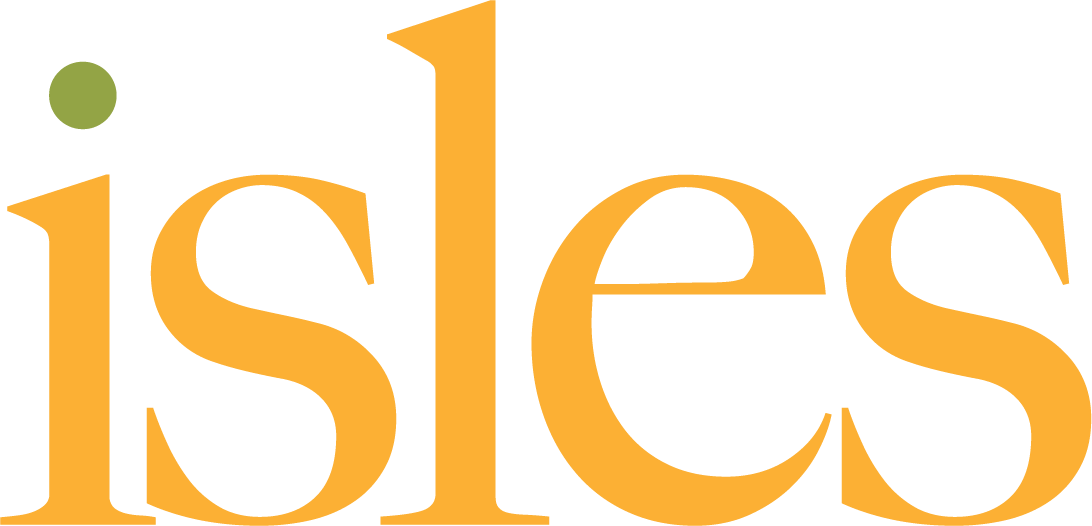As chaos swirls at the national level, I remain hopeful knowing there are thoughtful, hardworking people who partner with Isles to tackle tough challenges, build community, and make a difference. Your support makes this possible. This year’s Annual Report shows our work in action.
Take, for example, the over 300 gardeners who make up Isles Garden Support Network. This year, these neighbors and friends will develop and maintain 70+ community and school gardens. Together, they grow healthy food for their families, cool the hot streets with green oases, reduce blight and vacancy (and related crime), and beautify neighborhood landscapes.
Last week, I met with a group of new Isles Youth Institute students. Though they previously struggled in school, they are optimistic about the future. These students aren’t just getting a high school diploma – they are learning vocations and becoming the next generation of leaders in their communities.
To make Trenton lead-safe within 10 years, community health workers, Princeton University students, IYI students, and local contractors are joining forces with Isles. The impact of removing lead from homes and backyards will be healthier kids and families, better students, reduced costs for criminal justice, lower health care costs, reduced energy bills, and more.
As Isles moves into the Social Profit Center at Mill One, we’ll join the growing family of organizations, social businesses, and artists who share affordable spaces and technology in fun, energy efficient office, studio, meeting, and assembly spaces.
These examples are made possible by small groups of committed, optimistic people organizing to achieve powerful results. In fact, this month, 37 years ago, three of us started Isles with no funds, no track record, and limited life experiences. We didn’t wait for Washington or a growing economy to solve our challenges. We thought we could make a difference, and we did. Of course, our work continues to evolve.
Enjoy the 2017 Annual Report and the impactful stories you’ve made possible. On behalf of all of those we serve, thank you.
Once more, we can’t do this work without you. Please give generously today.
In community,
Marty


 Foster self-reliant families and healthy sustainable communities
Foster self-reliant families and healthy sustainable communities